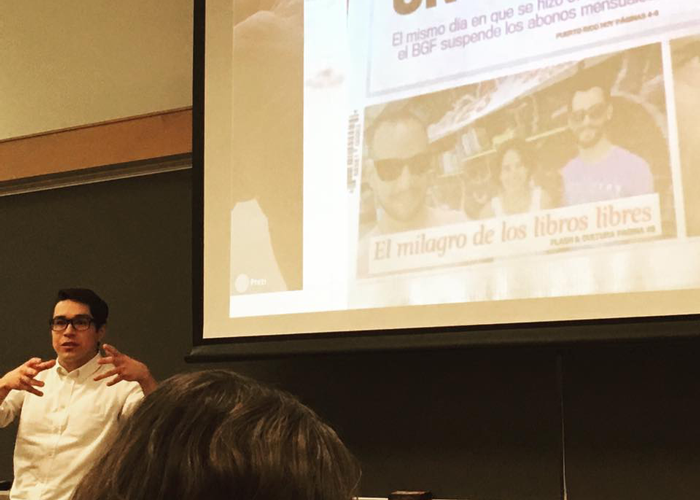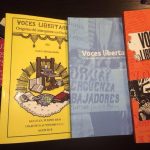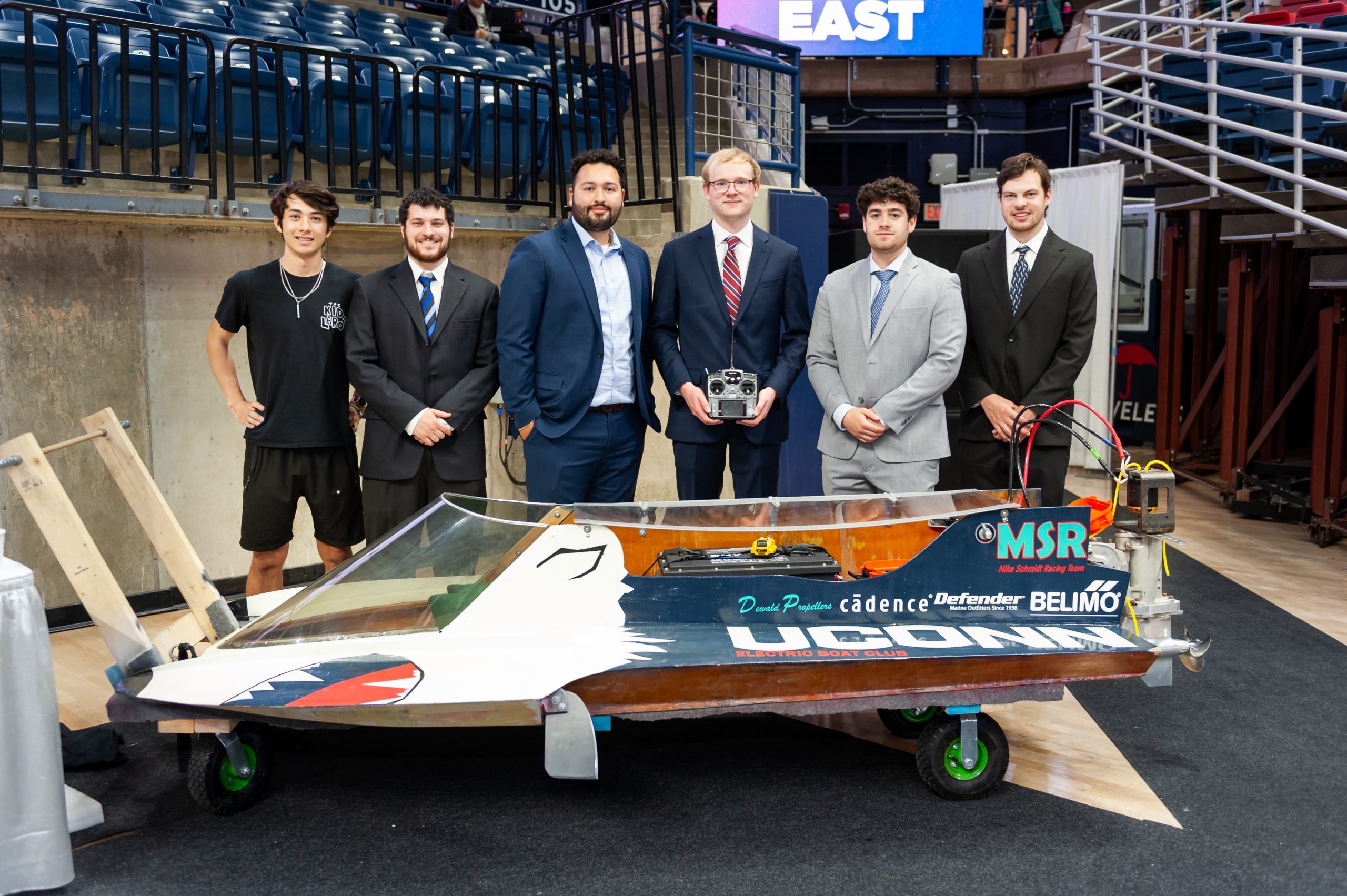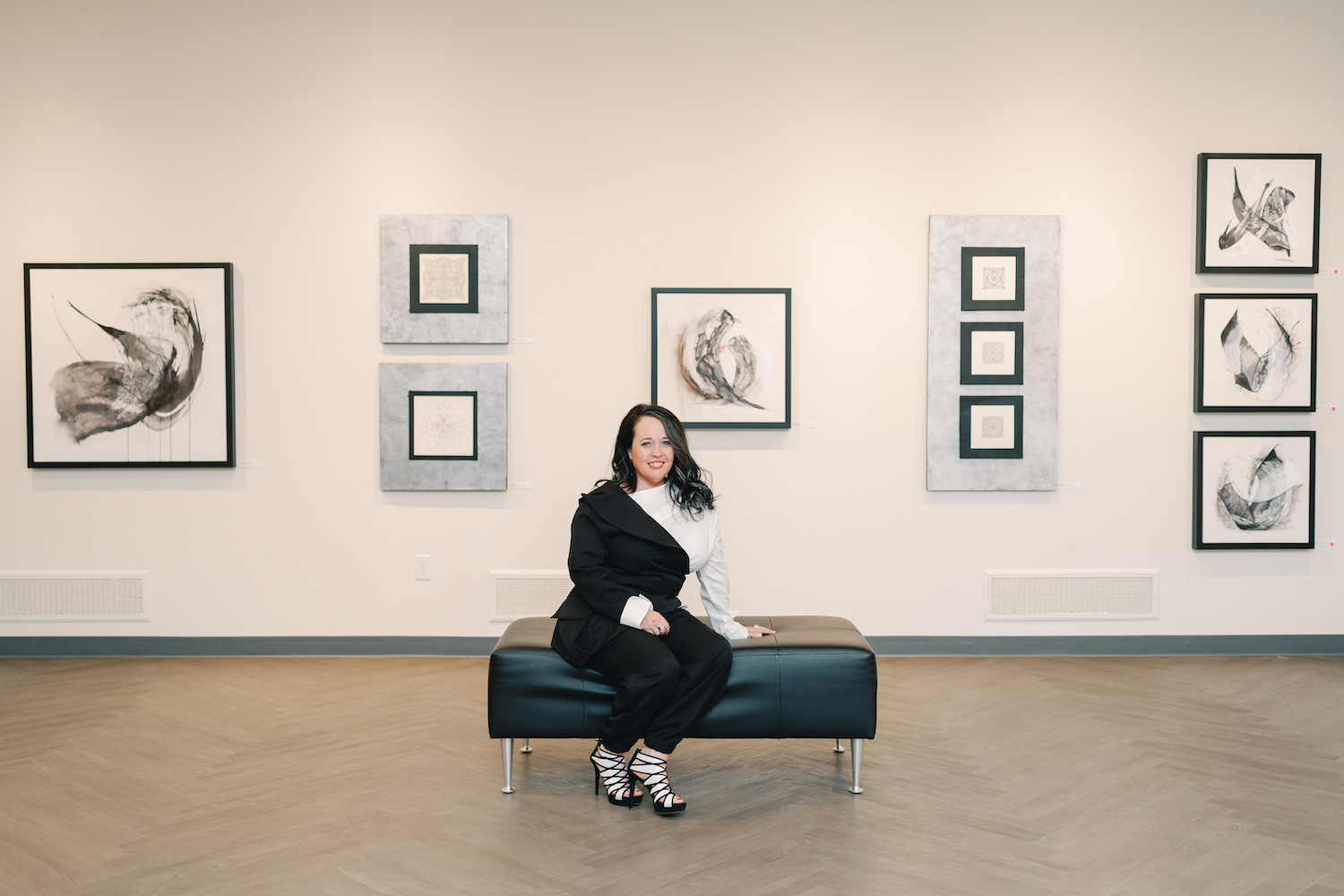Currently a Ph.D. candidate in Latin American History, Jorell Meléndez-Badillo is a recent recipient of the 2016-2017 Ford Foundation Dissertation Fellowship. Jorell has previously published books, edited volumes, journal articles, book chapters, and newspaper articles on the topics of labor, anarchism, and radical politics in Puerto Rico. During his tenure he will work under the supervision of Prof. Blanca G. Silvestrini to complete his dissertation, currently titled, “The Workshop is Our Homeland: Puerto Rican Workers and their Production of Knowledge and Identities, 1897-1932.”
His work will provide an intellectual and cultural history of Puerto Rican workers, which adds new perspectives to our scholarly understanding of early twentieth-century Puerto Rican society by untangling the complexities of knowledge production and identity construction among its working classes. The project also widens the scope of how we look at and think about working-class transnationalism in the Caribbean and Latin America. Scholars have concentrated on migration patterns, physical movement, and labor institutions. By focusing on the movement of ideas rather than individuals or institutions, his work shifts the emphasis towards how local processes and identities were transnationally informed even when people lacked mobility.
After earning his Ph.D. Jorell aspires to become a Latino scholar and professor, and hopes to translate all of his research discoveries to students in the classroom. From large introductory classes about Latin America or the Caribbean, to upper-level courses about social movements, ideologies, or subaltern classes, he envisions his scholarship to be used in a wide-variety of interdisciplinary settings to think about gender, race, exclusions, and popular classes through the lenses of social, cultural, and intellectual history.




